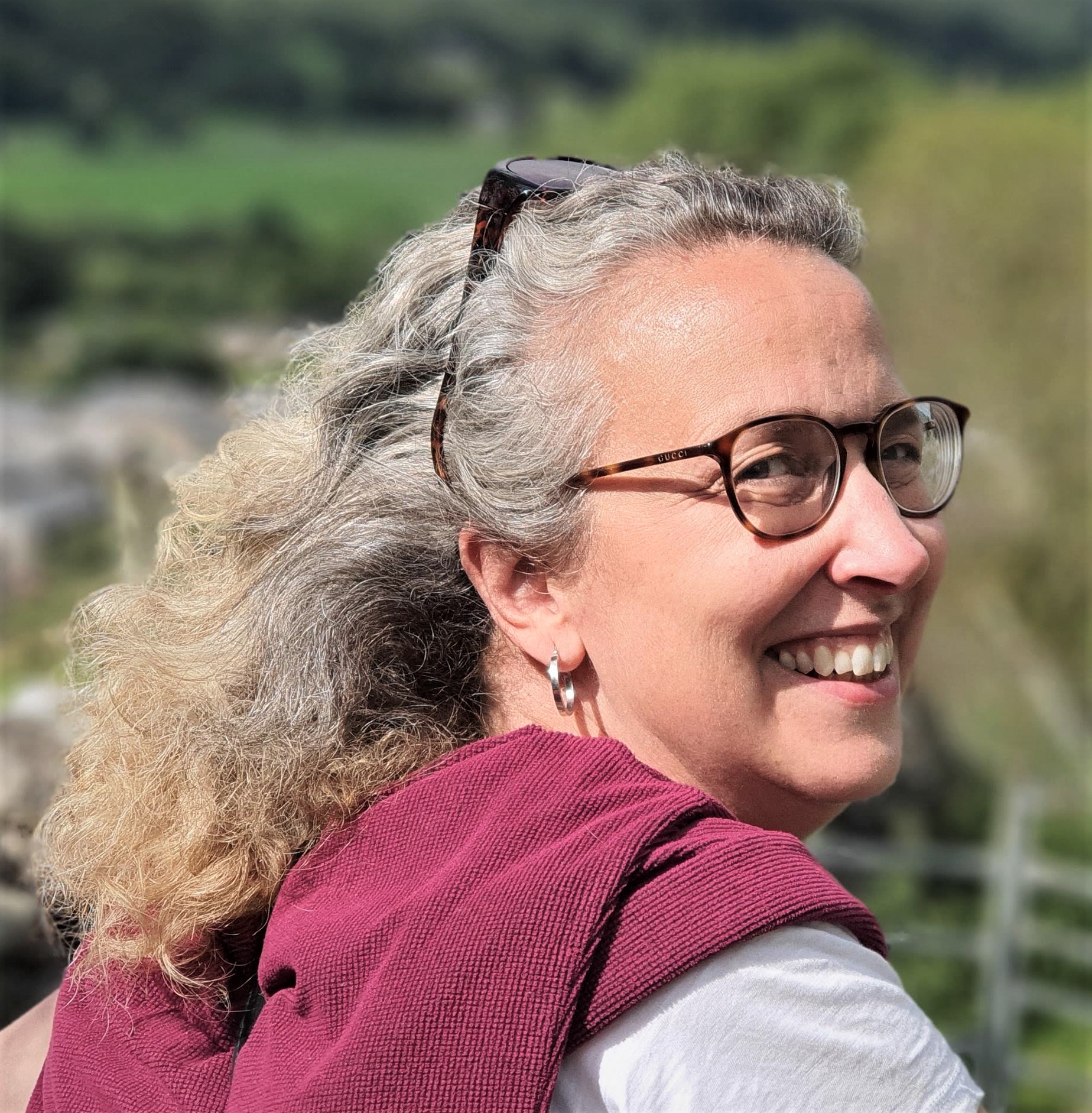

The COVID-19 Transport, Travel and Social Adaptation Study started in 2020, a ground-breaking longitudinal survey that took place in 10 areas of the UK and tracked how Covid has changed how we live today. CIHT explores the findings of this in a podcast.
Join other savvy professionals just like you at CIHT. We are committed to fulfilling your professional development needs throughout your career
Listen here:
The COVID-19 Transport, Travel and Social Adaptation Study started in 2020, a ground-breaking longitudinal survey in 10 areas of the UK has tracked, since the start of the pandemic, the implications for us all from Covid on how we live today. There was a recognition that Covid provided the chance for a rethink, that it would somehow reshape our lives; but back in 2020 we were not quite sure how.
As the study said at its outset - the outbreak of COVID 19 was an unprecedented shock in an era of highly connected and globalised living. It was, and still is, a serious medical emergency and also an episode that we must learn from.
We ask– from the initial Covid-19 lockdown in March 2020, what have we learnt, and where do we go next?
Featuring an interview with experts from the Institute for Transport Studies, at the University of Leeds:
• Professor Greg Marsden,
• Professor Jillian Anable
• and Dr Llinos Brown
More information:
https://www.creds.ac.uk/
https://covid19transas.org/

Professor Greg Marsden
Greg is Professor of Transport Governance at the Institute for Transport Studies at the University of Leeds. He has researched issues surrounding the design and implementation of new policies for over 15 years covering a range of issues. Current work examines how the smart mobility transition will change how we think about what, how and who governs the mobility system. Research takes a multi-level governance perspective to understand implementation and has included studies on energy and climate change policy in transport in a range of international case studies.
He is currently chair of the Commission on Travel Demand, looking at how to deal with alternative demand futures. He is the Secretary General of the World Conference on Transport Research Society and the Chair of the Special Interest Group on Governance. He has served as an advisor to the House of Commons Transport Select Committee and regularly advises national and international governments.

Professor Jillian Anable
Jillian Anable is Professor of Transport and Energy at the Institute for Transport Studies, University of Leeds. Her research addresses the potential for demand-side solutions to reduce carbon, local emissions and energy from transport. She has researched car purchasing behaviour with expert knowledge on the uptake patterns of alternatively fuelled vehicles. She has also applied socio-psychological theories and methods to evaluate policy interventions at local and national scales designed to influence private and business travel behaviour, including ‘Smarter Choices’ interventions. She has authored or co-authored over 60 academic peer-reviewed journal articles and research reports with projects mainly funded by UK Research Councils (RCUK), the Energy Technologies Institute, the UK Department for Transport, Scottish Government and the European Union. She has sat on a number of advisory boards and strategy panels for UK Government Departments, National Research Councils and NGOs, including currently acting as Chair to the Research and Evidence Group for the Scottish National Transport Strategy Review. She is a founding editorial board member on the journal Energy Efficiency.

Dr Llinos Brown
Llinos Brown is a research fellow at the Institute for Transport Studies at the University of Leeds. She applies social science research methods such as interviews, focus groups and surveys to understand energy consumption and ways society can use less energy and decarbonise. As part of CREDS, Llinos is working on a project examining the transport, travel, and social adaptions (TRANSAS) made during COVID-19. The main data collection method is a multi-wave longitudinal panel survey which Llinos is analysing.
Prior to joining CREDS, Llinos conducted research for the Scottish Government on public perceptions towards the government’s commitment to reducing car kilometers by 20% by 2030. Outside of the transport theme, drawing on her geographical background and strong interest in sustainability, Llinos’s PhD examined energy cultures at different spatial scales within an industrial workplace.
'We've seen increases in walking over time'
'Things have changed, things can change, and in the context of the science, the modelling that we've done...we can't achieve our carbon reductions targets without significant reductions in car use'
'In any other world if we delivered a 7% reduction in weekday traffic people would have thought we had come up with some kind of magic wand.....the fact that that has persisted is hugely significant: so modest but absolutely extraordinary'
Join other savvy professionals just like you at CIHT. We are committed to fulfilling your professional development needs throughout your career


{{item.AuthorName}} {{item.AuthorName}} says on {{item.DateFormattedString}}: